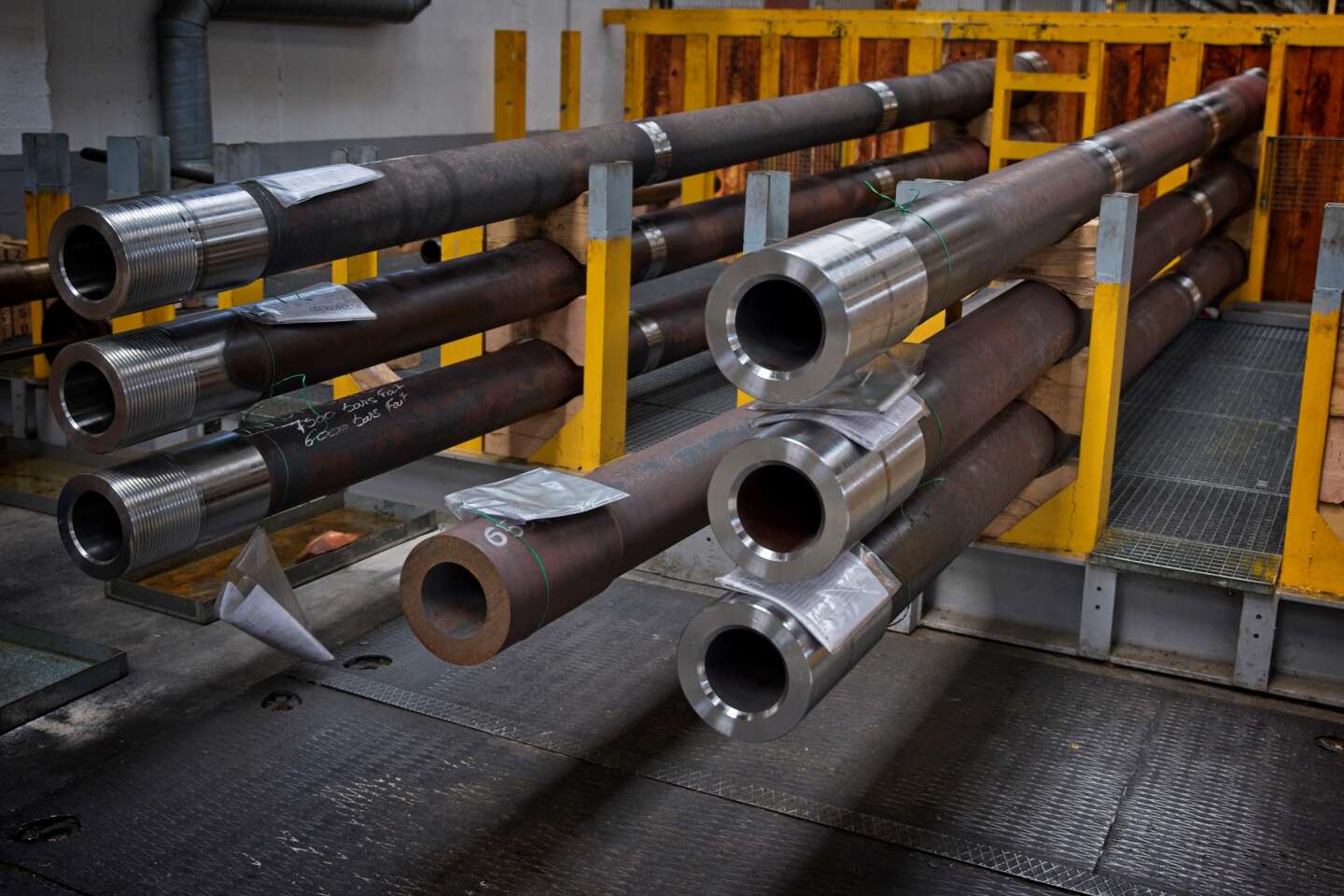


Leaving the NATO building in Brussels before getting back into his car on Thursday, April 4, at the end of two days of discussions with his fellow foreign ministers, David Cameron was keen to explain "what we need to do" in a video viewed 4.5 million times on X. Clearly, the Brexit fiasco hasn't dented the self-assurance of the ex-British prime minister, who's now head of diplomacy. With the ease of a Bentley salesman, he spells out the next steps to be taken to continue supporting Ukraine's war effort. "We've got to do more," he says. It's simple, straightforward. When it comes to military aid to Ukraine, the British have had a fairly consistent position since 2014, when Russia's armed aggression began. London says it has trained 60,000 Ukrainian soldiers.
For the French, the path has been more complicated. They first chose the route of negotiation, led by former German Chancellor Angela Merkel and ex-President François Hollande with their Russian and Ukrainian partners, at a time when the conflict was localized in the Donbas. The aim was to avoid war, the big war, "war on a grand scale." This was also the aim of Emmanuel Macron's communications with Vladimir Putin from 2019 onward. All this failed. On February 24, 2022, Putin, having played the negotiator enough, launched the full-scale war to conquer Ukraine.
Berlin and Paris were forced to change strategy. Chancellor Olaf Scholz declared the Zeitenwende, the "change of era," and propelled the consequences of this rupture. The French president has made a number of U-turns; he declared himself in favor of enlarging the European Union to include Ukraine and Moldova. And he has drawn closer to the countries of Central and Eastern Europe, which had been denouncing the Russian threat for two decades without being heard. He is going against Washington and Berlin by advocating for Ukraine's membership in NATO. And since the beginning of the year, he has taken a much harder stance against Russia, which, he says, is attacking not just Ukraine but Europe. So we can no longer rule out anything to deal with this threat, not even sending "our" troops.
Disappointment
This voluntarist position has raised many hopes in Ukraine, where morale is suffering from the crushing force of the Russian steamroller and the difficulties encountered by Western allies in upgrading their capabilities and strength. Washington criticizes Kyiv for the inadequacy of its mobilization effort to recruit younger soldiers. Kyiv retorts: "What's the point of mobilizing young recruits if you don't have enough to arm them?" Ukrainians' confidence in the United States, where promised aid of $60 billion (€55 billion) has been blocked for six months, is seriously eroding. The arrival in this gloomy landscape of an enthusiastic, outspoken French leader who rocks the European boat, at the risk of alienating his traditional partners, has the Ukrainians dreaming.
You have 46.36% of this article left to read. The rest is for subscribers only.
